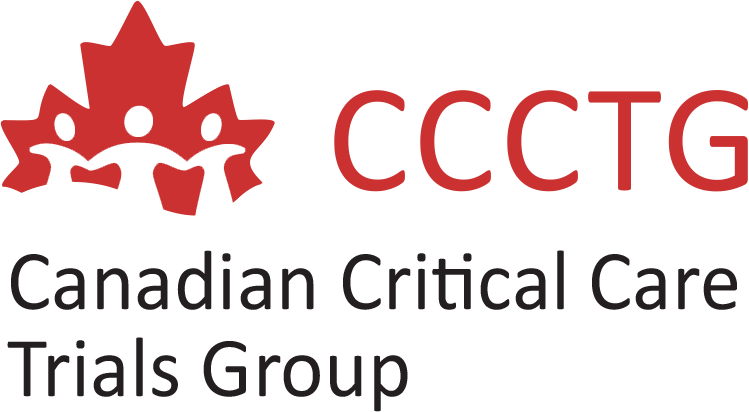Proportional Assist Ventilation for Minimizing the Duration of Mechanical Ventilation: The PROMIZING Study
Patients with acute respiratory failure require mechanical ventilation to help them breathe until they recover from their acute illness. Although mechanical ventilation is necessary to sustain life in such situations, it can induce weakness of the respiratory muscles which may lead to prolonged dependence on the ventilator. Prolonged dependence on mechanical ventilation is associated with increased mortality, morbidity and costs to the healthcare system. Thus, a main goal of assisted mechanical ventilation is to reduce the patient's respiratory distress while maintaining some respiratory muscle activity. To attain this goal, the amount of ventilator assistance should theoretically be adjusted to target normal or reasonable levels of respiratory effort.
Modes of Mechanical Ventilation:
Proportional assist ventilation with load-adjustable gain factors (PAV+) is a mode of mechanical ventilation which delivers assistance to breathe in proportion to the patient's effort. The proportional assistance, called the gain, can be adjusted by the clinician to maintain the patient's respiratory effort or workload within a reasonable range. This is the only mode of ventilation which allows for measurement and targeting of a specific range of respiratory muscle activity by the patient.
Pressure support ventilation (PSV) is a mode of ventilation which is considered the current standard of care for assisting breathing of patients during the recovery phase of acute respiratory failure. Several studies have shown short term advantages of PAV over PSV, including improved patient-ventilator synchronization, improved adaptability to changes in patient effort, and improved sleep quality.
Goal of this Randomized Controlled Trial:
To demonstrate that for patients with acute respiratory failure, ventilation with PAV+, being more physiological, will result in a shorter duration of time spent on mechanical ventilation than ventilation with PSV. For more information, visit the PROMIZING Study website.
London Health Sciences Centre - University Hospital, London, Ontario, Canada St. Michael's Hospital, Toronto, Ontario, Canada Victoria Hospital, London, Ontario, Canada UHN- Toronto General Hospital, Toronto, Ontario, Canada UHN- Toronto Western Hospital, Toronto, Ontario, Canada North York General Hospital, Toronto, Ontario, Canada Kingston General Hospital, Kingston, Ontario, Canada Sunnybrook Hospital - Health Sciences Centre, Toronto, Ontario, Canada Institut Universitaire de cardiologie et de pneumologie de Quebec, Québec, Canada Royal Victoria Hospital, Montréal, Quebec, Canada Centre Hospitalier Universitaire (CHU) de Angers, Angers, France Centre Hospitalier Universitaire (CHU) de Rouen, Rouen, France Hôpital Universitaire Pitié-Salpêtrière, Paris, France Hôpital Henri Mondor (Assistance Publique-Hôpitaux de Paris), Créteil, France Centre Hospitalier Intercommunal de Créteil, Créteil, France Hospital de Sant Pau, Barcelona, Spain San Giovanni Battista University Hospital, Turin, Italy University Hospital of Ferrara, Ferrara, Italy University Hospital of Heraklion, Heraklion, Greece King Abdulaziz Medical City, Riyadh, Saudi Arabia El Centro de Educación Médica e Investigaciones Clínicas "Norberto Quirno", Buenos Aires, Argentina
